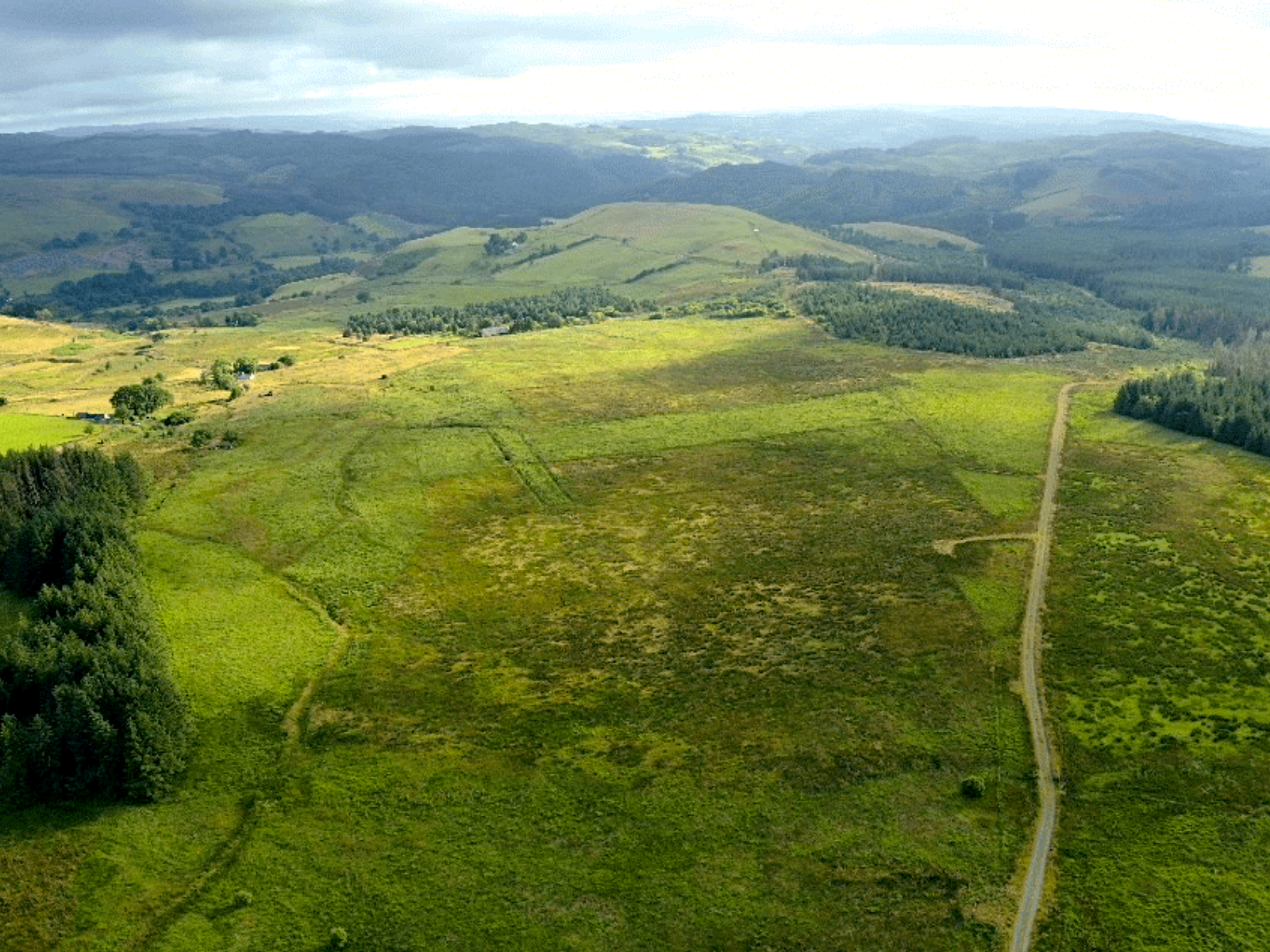New economic opportunities
Net zero has the potential to lead to novel economic opportunities. Characterised by zero-carbon investments and innovation, in addition to the removal of economically harmful market and policy failures (e.g. the prevalence of fossil fuel subsidies), net zero economies will emerge through cycles of clean investment, renewal and growth.
This transition faces both fiscal and economic challenges – although rapidly decarbonising the global economy is critical to address climate change, cost-related concerns have so far been a barrier to implementation. To overcome these challenges imposed by economic rigidity, cross-sector collaboration is required. Spending needs to be directed towards green projects; this will require investment in education, skills and social protection, as well as shifts in market design and policy.
Research from the Oxford Institute for New Economic Thinking predicts current deployment trends for renewable and storage technologies suggest we are on track to meet the goals outlined by the Paris Agreement, which will result in the saving of trillions of dollars.
Capitalising on these opportunities
Net zero innovations
Building clean energy infrastructure
Investing in clean energy will accelerate the energy transition, allowing the energy mix to shift away from fossil fuels towards cleaner energy sources like water, wind, and solar. Clean energy is also more labour intensive than fossil fuel energy, meaning more jobs, but also higher quality jobs. And more jobs mean a higher economic multiplier, along with a stronger economic recovery.
Carbon capture, Utilisation, and Storage
Key to net zero transition plans, carbon capture, utilisation, and storage (CCUS), will allow economies to continue emitting carbon dioxide in sectors like aviation and industry, where reaching absolute zero remains challenging. Yet, the technology is still in its infancy. Well-targeted stimulus to promising CCUS innovations can accelerate its development and has the potential to create green markets if used alongside a carbon capture incentive and trading scheme. These technologies also have the potential to be retrofitted onto existing infrastructure, protecting, and creating jobs in high carbon industries, promoting a just transition.
Developing natural capital and nature-based solutions
As well as bringing clear environmental benefits, from protecting green spaces to the carbon capture abilities of afforestation, investment into natural capital and nature-based solutions can contribute to economic recovery (Chausson et al., 2024). A backlog of ecological projects and low training requirements mean that investments quickly translate into economic gains. Spending on these projects are also rural by nature, spreading stimulus from towns to the countryside and alleviating regional disparities in distribution.
Emerging green hydrogen and ammonia technologies
Green hydrogen has already seen promising levels of green recovery investment from countries like France (USD2.4bn by 2022), Germany (USD10.7bn by 2030), and Korea (USD0.5bn by 2021). And rightly so. Green hydrogen and ammonia technologies can be used across industry, energy, and transport, reducing carbon emissions in ways as varied as powering cars and planes to providing long-term energy storage and transport. A green recovery can support this sector by investing in RD&D, while creating opportunities for long-term, sustained, and sustainable growth.
Installing energy-efficient retrofits
Improving energy efficiency, for example by retrofitting building insulation, promoting efficient appliances, and introducing smart home technology, can effectively reduce energy consumption. This means less wasted energy and lower carbon emissions. These projects can also boost a strong recovery – they are fast acting and often have comparatively low training requirements, meaning people can quickly find a job and start contributing to the economy.
RENEWABLE ENERGY
The renewable energy transition is a remarkable commercial opportunity. With renewable energy increasingly becoming the lowest costing electric power solution in many situations, it has been estimated that sustainable infrastructure will increase 2.5-fold by 2030.
Clean energy is being accelerated by economic growth and the central role of clean electricity in decarbonisation strategies. Assets from fossil fuel power generation will also need replacing with renewable alternatives, further driving the demand.
If the transition to renewables is timely, declining costs of renewable energy and improvements in efficiency could save the world as much as US$12 trillion in energy costs over the next 30 years.
Policy solutions
International cooperation
Global initiatives, such as the Conference of Parties, emphasise the truly global nature of the climate crisis. Coronavirus and the economic recession are similar to the climate crisis in this way (Klenert et al., 2020). International cooperation, whether bilateral or multilateral, can promote the sharing of best practices in green stimulus, leverage finance across borders, especially on international infrastructure projects like smart grids, and lead to cooperative competition as economies seek to innovate and maximise their long term economic gains.
Promoting green finance
To leverage private finance, governments should enact legislation that sends market signals about directing funds towards green projects. An example of this is to create a National Investment Bank, that provides finance for private green projects, encouraging innovation and competition in green technologies and infrastructure. Similarly, contracts for differences have, in the past, provided stability for green energy infrastructure to risk-averse investors. The development of finance initiatives aimed at green projects can similarly leverage a wealth of private saving.
Worker retraining programmes
If governments do invest heavily in green stimulus, it is important that the labour market is able to keep up with an expected growth in green projects. Green worker retraining programmes can provide labour for fast-acting stimulus, like natural capital investments and energy-efficiency retrofitting, in the short-term, while training workers for a green transition as emerging technologies develop. Green projects are more labour intensive and provide higher quality jobs, but these benefits will not be realised without the labour market adjustments that worker retraining can bring, while also supporting a just transition.
Research summary
Our research seeks to explore the scope for net zero economic growth strategies, on both a national and international scale (e.g. in low-income countries) and to identify the policy interventions and business decisions required to realise them.
ONZ researchers are part of the Climate Compatible Growth (CCG) programme, which aims to support investment in sustainable energy and transport systems to meet development priorities in the Global South.
ONZ research has led to the generation of tools and advice to businesses on how to achieve climate-neutral value chains by mapping their current practices around net zero targets. To develop these net zero business plans, we create scientifically credible tools, reports, and frameworks to help measure emissions baselines, set new net zero pledges and monitor progress.
Recent publications
OTHER RESEARCH THEMES
News and Events

Oxford Net Zero: The story so far
Oxford Net Zero is excited to share a new summary of its work. Oxford Net Zero: The story so far gives a representative look at our work over the life of the programme since its inception, organised around three key areas: An integrated ... Read more

UK Government Voluntary Carbon and Nature Markets policy consolidates action on nature and climate, but risks compromising urgent mitigation of climate change and preventing and repairing nature loss, say ONZ researchers
Oxford, 23 June 2025 Researchers from the Leverhulme Centre for Nature Recovery, Oxford Net Zero and Oxford Sustainable Finance Group have submitted feedback to the UK Government’s ‘Voluntary Carbon and Nature Markets: Raising Integrity’ ... Read more

Job opening: Serviced Emissions Research & Engagement Manager
The Oxford Net Zero Engagement Team is recruiting for a Serviced Emissions Research & Engagement Manager. This pivotal role will lead a high-impact initiative focused on advancing the understanding and integration of “serviced emissions” ... Read more

New Oxford Report: Carbon Capture and Storage Without Taxpayer Billions Is Possible
Oxford Net Zero and Carbon Balance researchers reveal the risks of the current UK CCS policy mix and explore how a carbon storage mandate on fossil fuel producers could help the UK meet its climate targets while protecting public finances A ... Read more

Oxford Net Zero partners with AXA XL on research in India, Mexico and Kenya
Oxford Net Zero is excited to announce that it is working with the insurance company AXA XL, the Institute for Science, Innovation and Society (InSIS), and the Smith School of Enterprise and the Environment to conduct research on private sector ... Read more

Finance, Fossil Fuels and $10 coffee: Reflections on COP29
As we begin a new year, Oxford Net Zero looks back on the highs and lows of November's climate summit in Baku. In some ways, this COP was different. The venue was smaller than in previous years, which meant that attendees could have genuine ... Read more



